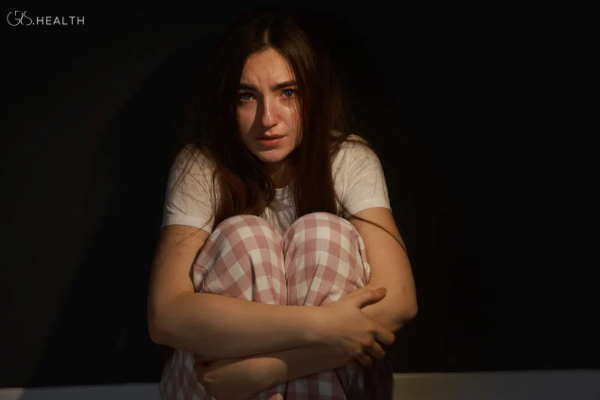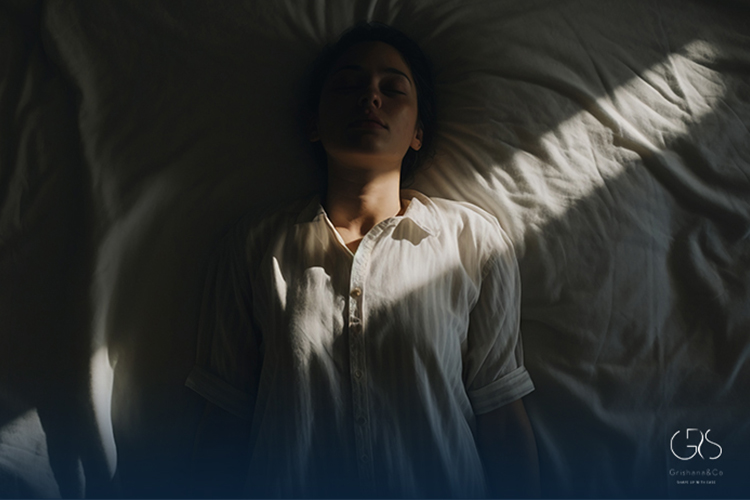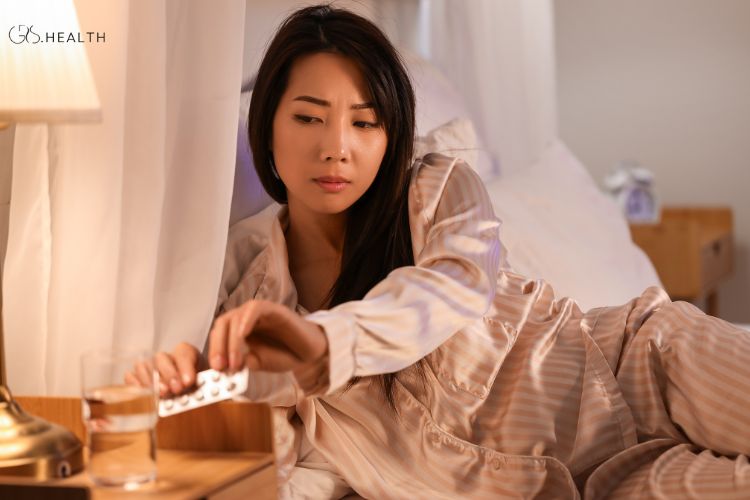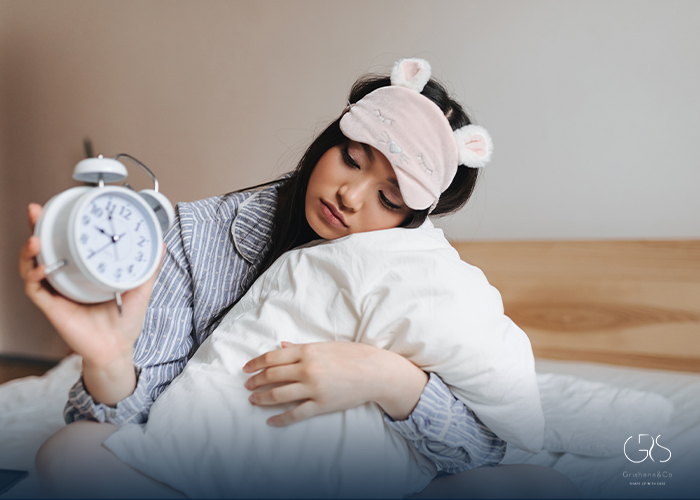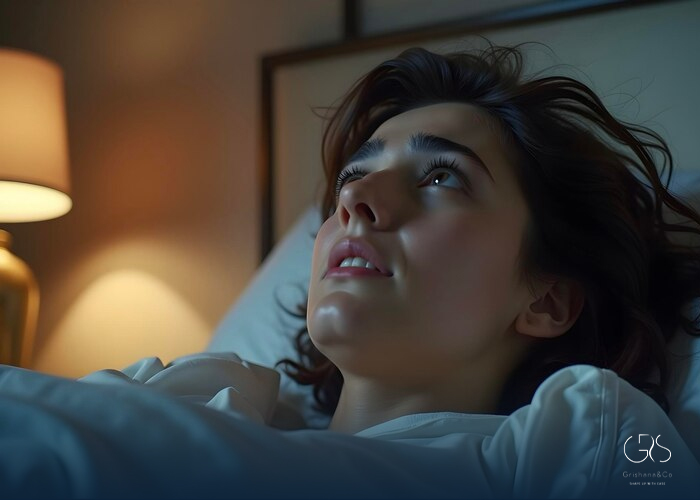Nyctophobia is an abnormal fear of darkness. Unlike ordinary unease at night, this condition can severely disrupt daily life, sleep, and emotional well‑being. In this article, we examine what nyctophobia is, how it develops, its symptoms, and the most effective treatments available today.
What Is Nyctophobia? (Definition and Meaning)
Nyctophobia (from Greek nyktos = night, phobos = fear) refers to an extreme, irrational fear of darkness or nighttime environments .
It can also be called scotophobia, achluophobia, or lygophobia .
While fearing darkness is common in children, nyctophobia persists when the fear becomes excessive, age‑inappropriate, or interferes with everyday life.
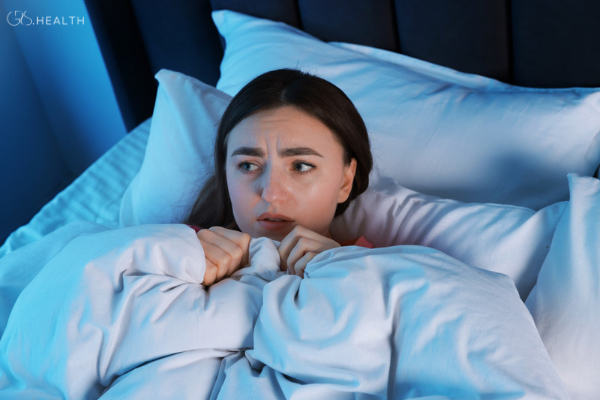
Causes and Risk Factors of Nyctophobia
Evolutionary Roots & Brain Response
Many scientists believe nyctophobia stems from ancestral survival instincts: darkness historically meant danger, increasing our anxiety in such environments .
Moreover, darkness triggers a startle response in the brain, releasing anxiety-inducing chemicals .
Psychological & Developmental Influences
- Traumatic events in darkness—such as accidents or horrific experiences—can imprint fear that awakens in dark settings .
- Exposure to scary media at night can also be a trigger .
- Childhood anxiety, separation from caregivers, or insecure environments may contribute .
Comorbidities & Genetic Factors
Individuals with anxiety disorders, depression, PTSD, or other phobias are at higher risk .
Family history and genetic predisposition also play a role .
Symptoms and Daily Impact of Nyctophobia
Emotional & Behavioral Symptoms
- Intense panic, dread, or catastrophic thoughts when in darkness or thinking about being in dark places .
- Children may refuse bedtime or insist on a light source; adults may avoid going out after dark .
- Avoidance of cinemas, basements, or nocturnal outings is common .
Physical Reactions
Including dry mouth, trembling, dizziness, nausea, sweating, rapid heartbeat, shortness of breath, and chest tightness .
Sleep, Productivity & Social Effects
- Insomnia or poor sleep quality, due to inability to tolerate darkness .
- Daytime fatigue, concentration issues, and avoidance behavior => reduced productivity and social withdrawal .

Diagnosing Nyctophobia
Nyctophobia is categorized under specific phobias in psychiatry, not a distinct diagnosis in DSM-5, but diagnosed based on anxiety disorder criteria .
Criteria often include: fear lasting at least six months, significant distress or impairment, and avoidance behaviors .
Healthcare providers assess symptoms, triggers, medical history, and impact on life .
Treatment and Coping Strategies for Nyctophobia
Therapies and Interventions
- Cognitive Behavioral Therapy (CBT) to identify and reframe fearful thoughts about darkness .
- Exposure Therapy, gradually increasing tolerance to darkness in safe steps; shown to be 80–90% effective for specific phobias .
- Mindfulness and Relaxation Exercises, such as deep breathing, progressive muscle relaxation, visualization, and coping phrases (“I am safe”) .
Innovative Approaches
- Virtual Reality Exposure Therapy (VRET) simulates dark environments in controlled, immersive settings—promising for both adults and children .
Supportive Measures
- Nightlights or gradual dimming for more comfortable sleep onset .
- Family or group therapy to foster understanding and support .
- Lifestyle adjustments, like avoiding horror media before bedtime and maintaining a calming routine.
Medical Treatment
Some may benefit from medications (e.g., sleep aids, anti‑anxiety medications) when anxiety is severe or comorbid conditions exist .
Outlook and Living with Nyctophobia
With proper treatment, individuals can significantly reduce symptoms and reclaim daily functioning .
Early recognition and intervention are key to preventing long-term consequences like chronic insomnia, anxiety disorders, or impaired social life .
Support from loved ones and trained professionals can dramatically improve outcomes and quality of life.
Conclusion
Nyctophobia is more than just a fear of the dark—it’s a serious, potentially debilitating phobia that impacts sleep, mood, and daily functioning. Grounded in evolutionary instincts and shaped by personal experiences, it triggers real physical and psychological responses. The good news? With effective therapies like CBT, exposure (including VR), relaxation techniques, and supportive care, individuals can overcome nyctophobia and thrive once more.
Sources
- verywellhealth, How to Manage Nyctophobia (Fear of Darkness)
- medicalnewstoday, What to know about nyctophobia


